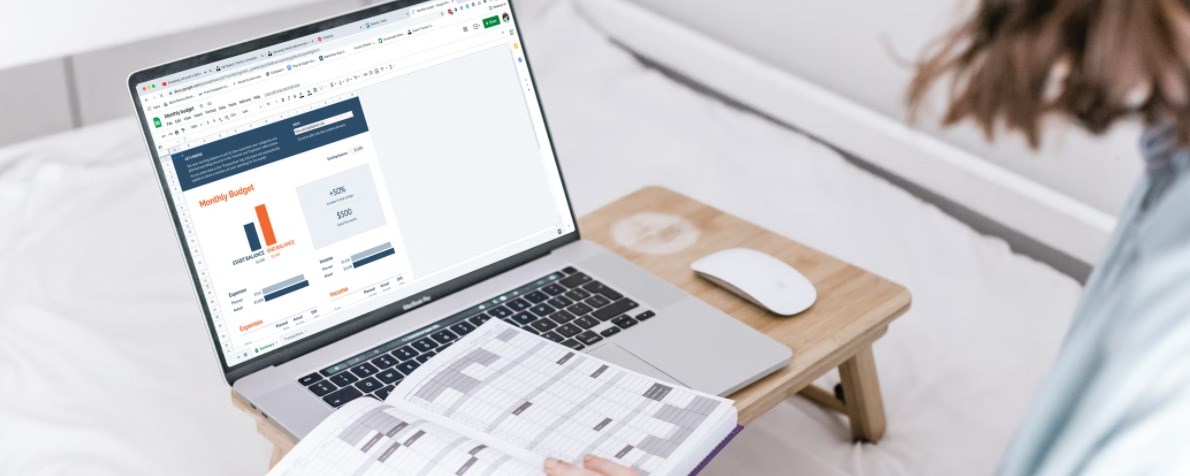Tax Years: Goodbye 2020-2021 and Hello to 2021-22
In just over a month’s time on the 5th April, the 2020-21 tax year expires. This is the last chance to consider tax planning options. After this date many of the options to utilise allowances and claim reliefs to reduce tax for 2020-21 will disappear.
There are a number of small business tax reliefs to consider, and the list below is by no means exhaustive.
Income Tax
- If you and your married/civil partner are basic rate taxpayers and one of you has not earned enough to cover their basic Income Tax personal allowance – £12,500 for 2020-21 – it may be possible to transfer part of the unused allowance to their partner via the Marriage Allowance.
- If you receive child benefits, and the income of either parent is set to exceed £50,000 you will have to repay all, or part of the benefits received and file a self-assessment tax return.
Inheritance Tax
- Have you utilised the various annual, tax-free gifts exemptions for 2020-21?
- If your personal circumstances have changed during 2020-21 e.g. marriage, divorce, bereavement - have you changed your Will and/or considered the IHT consequences?
- Have you made any significant gifts in excess of tax-free limits? What are the IHT consequences?
Pension Contributions
- Have you reviewed your pension contributions for 2020-21? For 2021-22, If you need to defer contributions until after the end of this tax year, perhaps due to cash flow issues, don’t forget that any unused relief for the tax year 2018-19 will be lost under the three-year carry back rule. If feasible, you may want to consider going the extra mile to fund a top-up before 5 April 2022 to at least utilise your annual allowance for 2021-22 and any unused allowance for 2018-19.
Capital Gains Tax
- Have you utilised your £12,300 tax-free allowance for Capital Gains Tax purposes?
- Could you transfer assets that you are about to sell into joint ownership with your spouse and divide the gains between you?
Dividends
- Do you have an opportunity to draw up to £2,000 tax-free from your company in dividends? There will be no additional tax to pay on the first £2,000 in dividends you take.
This list is the tip of the small business tax planning iceberg. Every taxpayer’s circumstances are unique and require individual attention and consideration. If your personal or business tax affairs are complex, we would recommend that you speak to your accountant or a tax specialist before the deadline. Find accountants and tax specialists now.
Blog by Fairhurst Accountants
Join Our FREE Business Owners Hub
Get access to our latest blogs, PDF downloads and updates.





